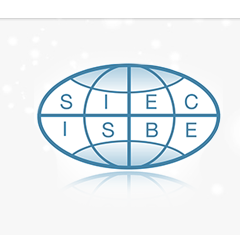Abstract
Entrepreneurship education has developed to a field of great significance, since a thoroughly carried out entrepreneurship education might serve as catalyst to enable economic growth and sustainable development. This paper follows a broad understanding of entrepreneurship education and concentrates on entrepreneurship education at universities. Several strategies to foster entrepreneurship and entrepreneurial spirit are introduced and didactical possibilities are presented by practical examples, such as business simulations and the project TIMEGATE. Finally, consequences and limitations of teaching entrepreneurship with a special focus on interest profiles of business teachers are discussed critically. As a practical implication, it becomes apparent that measures of entrepreneurship education require accurate reconcilement of didactical aims, teaching methods and assessment. Additional measures such as the introduction of role models can provide another contribution to foster entrepreneurship education within the classroom.
Recommended Citation
Dreisiebner, Ph.D., Gernot; Riebenbauer, Elisabeth; and Stock, Michaela
(2018)
"Providing entrepreneurship education to business and non-business students: A holistic view on different approaches,"
International Journal for Business Education: Vol. 158:
No.
1, Article 4.
DOI: https://doi.org/10.30707/IJBE158.1.1648132333.055801
Available at:
https://ir.library.illinoisstate.edu/ijbe/vol158/iss1/4

